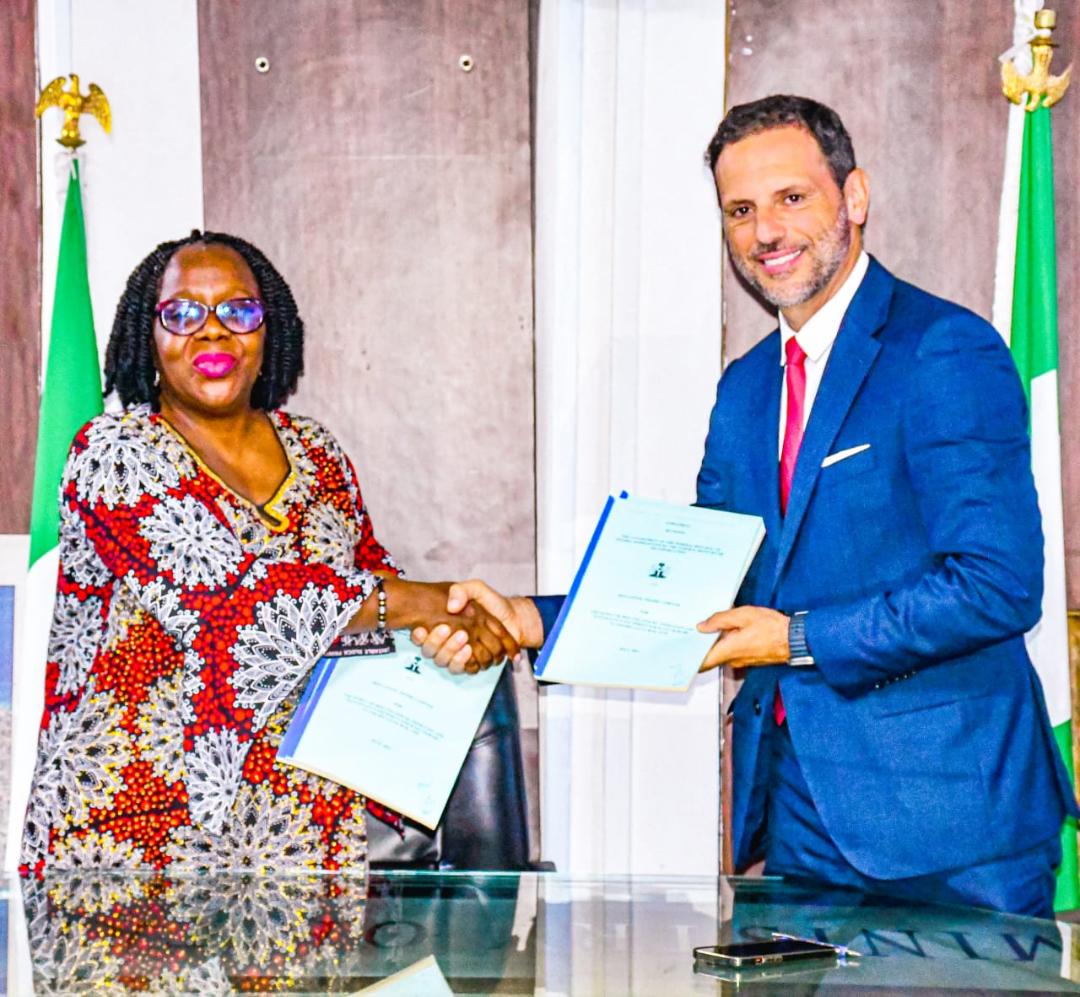The impacts of recession and inflationary economy are currently spreading across Africa and the tide is not favouring the continent’s depleting forest resources.
But to tame the trend of unsustainable use, Tanzania government is considering putting a tax on charcoal with the aim of discouraging the use of the fuel, which is a big source of energy for cooking.
Findings show that there has not been any new control measure or federal regulation since the prevailing recession in Nigeria, thus making the feeling of trees for charcoal to deepen while the forests keep disappearing.
Tanzanian officials say they believe making charcoal more expensive would significantly reduce demand for it and cut runaway tree felling in the east African nation.
Justus Ntalikwa, permanent secretary in the Ministry of Energy and Minerals, told the Thomson Reuters Foundation that the government hopes to present a bill in the next parliament in February to put in place the levy, with funds raised going to finance reforestation activities in district councils.
He explained that “The idea is to reduce destruction of forests,” Ntalikwa said. However, putting such a levy in place may be a complicated process because it involves a range of authorities”.
With the new tax regime, government will make it clear that anyone who sells charcoal within one of the country’s districts or exports charcoal from it would pay a tax of about 30,000 Tanzanian shillings (about $11) on each 90 kg bag of the fuel.
The proposed tax, which will be subject to parliamentary approval, would be payable at checkpoints set up in each district.
In Tanzania, more than 370,000 hectares (915,000 acres) of forests are being cut every year, a significant portion of it for fuel, according to Tanzania Forests Services Agency, a government agency responsible for monitoring the country’s forestry activities.
It would be recalled that Jumanne Maghembe, the minister of Tourism and Natural Resources, had said in December that cutting wood for charcoal needs to stop because it spurs desertification.
According to Maghembe, if the government makes charcoal more expensive it would simultaneously promote the use of alternative fuels, including liquefied petroleum.









